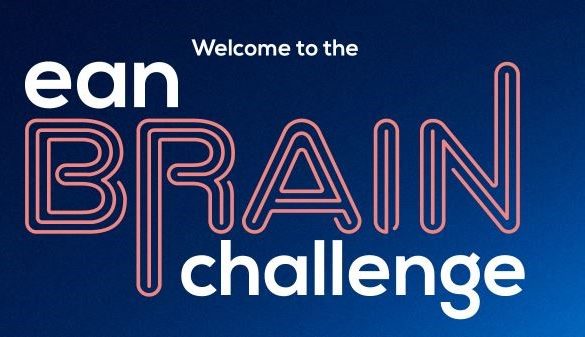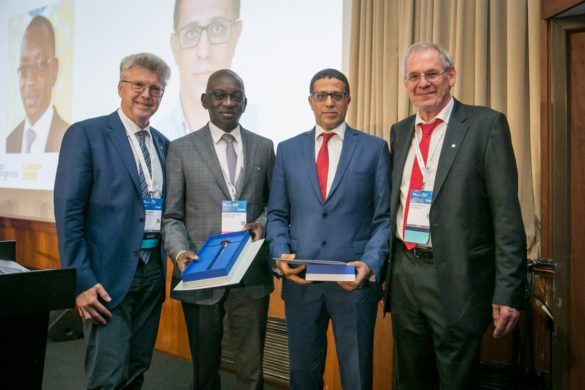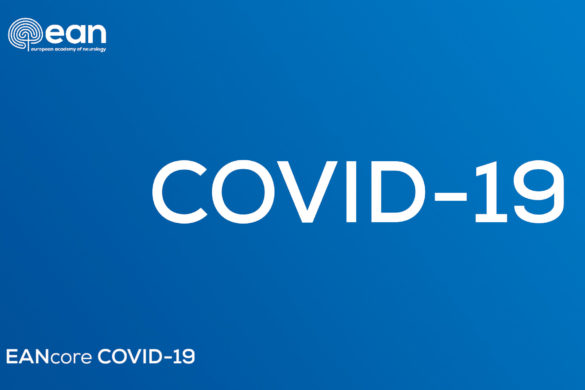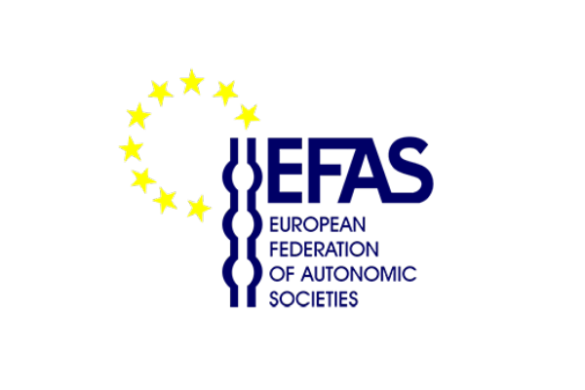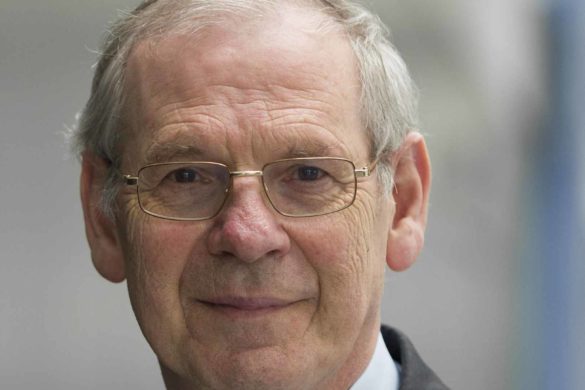by Isabella Colonna
The session ‘Neurology training in Africa: future perspectives’ was organised in co-operation with the African Academy of Neurology (AFAN) and was moderated by Dr. Augustina Charway-Fell.
The first lecture, entitled ‘Neurology training in West Africa’, was presented by Dr. Maouly Fall, from Senegal. Dr. Fall highlighted that Neurology in West African countries has a lot of challenges and problems to face, such as a lack of specialised services and hospital beds for neurological disorders, as well as of drugs and advanced treatments. Furthermore, neurology training is very heterogenous among the countries of West Africa and the facilities for postgraduate training are poorly developed. In the last fifty years, the number of neurologists in West Africa has increased; however, this number is still insufficient for the need. There are even some countries which have no neurologists. International associations, such as EAN and IBRO work in co-operation with AFAN and offer an increasing number of training courses and facilities for residents. The training programme in Dakar lasts four years; after the residency it is possible to pursue a sub-specialty in epilepsy, clinical neurophysiology or neuropaediatrics. Currently, the Neurology Center of Dakar is training forty-five residents, not only from Senegal but also from other French-speaking African countries.
The second lecture was ‘Training the neurologist-researcher: requisites for successful African research’ presented by Dr. Nomena Finiavana Rasaholiarison, from Madagascar. There are many challenges that research in Africa has to face. Currently, only 1% of the research production worldwide occurs in Africa and 80% of published medical papers from African authors were not led in Africa. The reasons for the limited success of neurology research in African countries include the lack of neurologists, who are estimated to be less than 0.1 per 100,000 people; insufficient and inefficient platforms for research and publications; and unsuccessful training. Dr Rasaholiarison stressed the urgent need to receive more funding from governments for research platforms and infrastructures, to promote inter-African and international collaborations and to improve training programmes in order to increase the number of neurologists and researchers who can focus on the needs of the African population.
The third lecture, presented by Dr. Yared Z. Zewde from Ethiopia, was entitled ‘Neurology training in the East African region: Experience from Ethiopia’.
In Ethiopia, the training programme in neurology was started in 2006. At that time, it was the only one in the Horn of Africa. Currently, Ethiopia has fifty-eight adult neurologists, seven paediatric neurologists and nineteen neurology residents. In Ethiopia there are two general neurology units and three specialty clinics, which focus on epilepsy, movement disorders, dementia and stroke. The neurology training programme has many challenges to face, such as the poor facility of services and techniques and the lack of skilled healthcare professionals, like neurosurgeons, neuroradiologists and neuropathologists. Furthermore, the poor research training and the lack of funding are responsible for the weak research setting. Moreover, training abroad may represent a problem, since the residents are trained out of the local context, and it may also lead to a brain drain.
The last presentation of the session was presented by Dr. Houyam Tibar and was entitled ‘Neuroscience and Neurology in the path of a neurologist’. Dr. Houyam Tibar is an Assistant Professor at the Hôpital de Specialités in Rabat.
In Morocco, the training programme in neurology lasts four years: two years are spent in the department of general neurology, nine months in clinical electrophysiology, and three periods of three months each are spent in neuroradiology, psychiatry and internal medicine. Dr. Houyam Tibar was enrolled in the PhD programme in addition to her residency training, which represents a very important milestone in her career and gave her the opportunity to reach the position of Assistant Professor. Her PhD project was about ‘the role of monoaminergic systems in the pathophysiology and therapy of non-motor symptoms in Parkinson’ and was partly conducted at the University of Bordeaux, in France, thanks to an EAN research fellowship. Dr. Houyam Tibar concluded by acknowledging EAN, which gave her the opportunity and the funding to conduct part of her research project abroad.
Finally, all the lecturers agreed on the urgent need to connect African countries, with the help of other international scientific societies, in order to promote and develop neurology research and training in the African continent.




